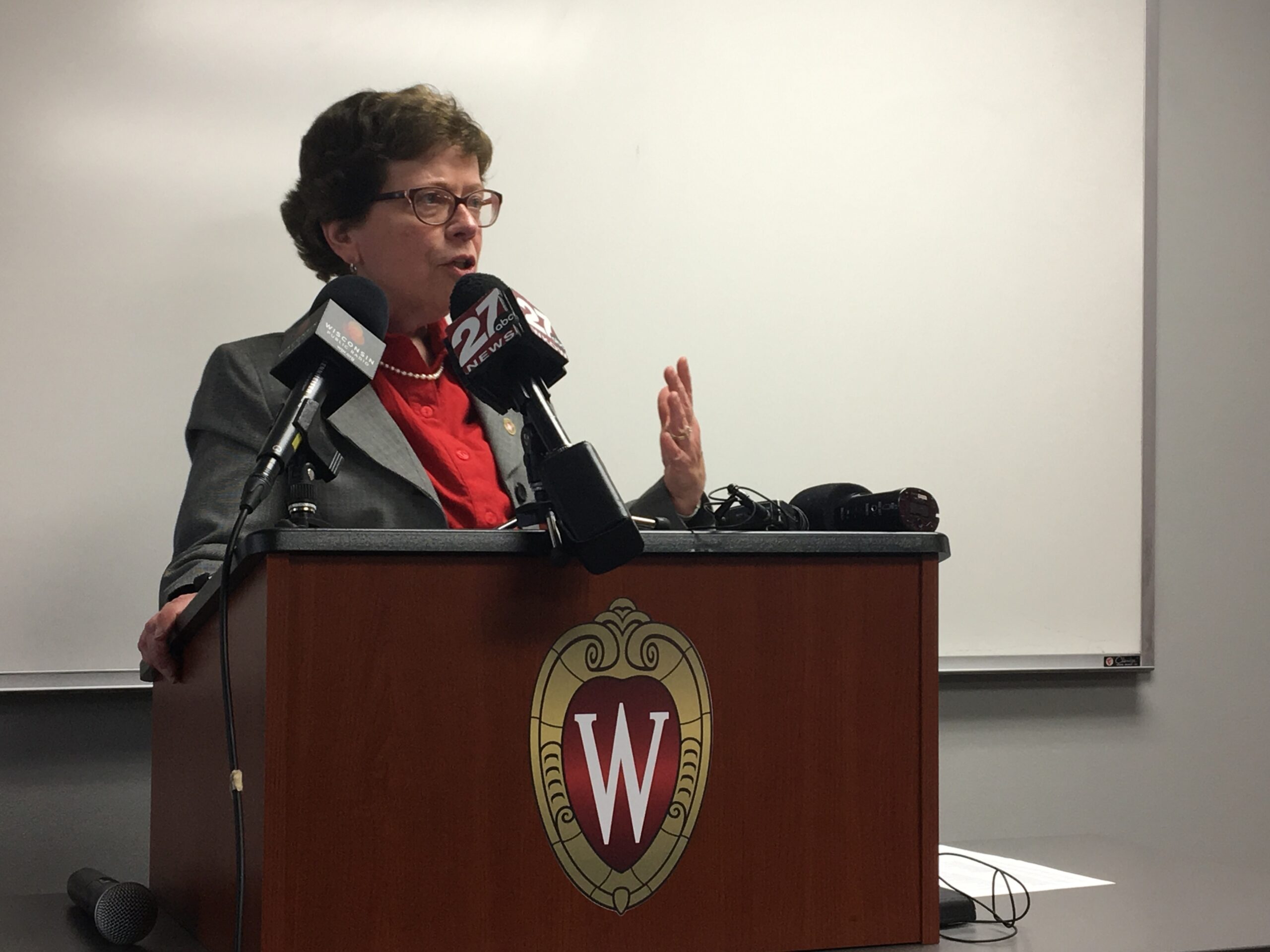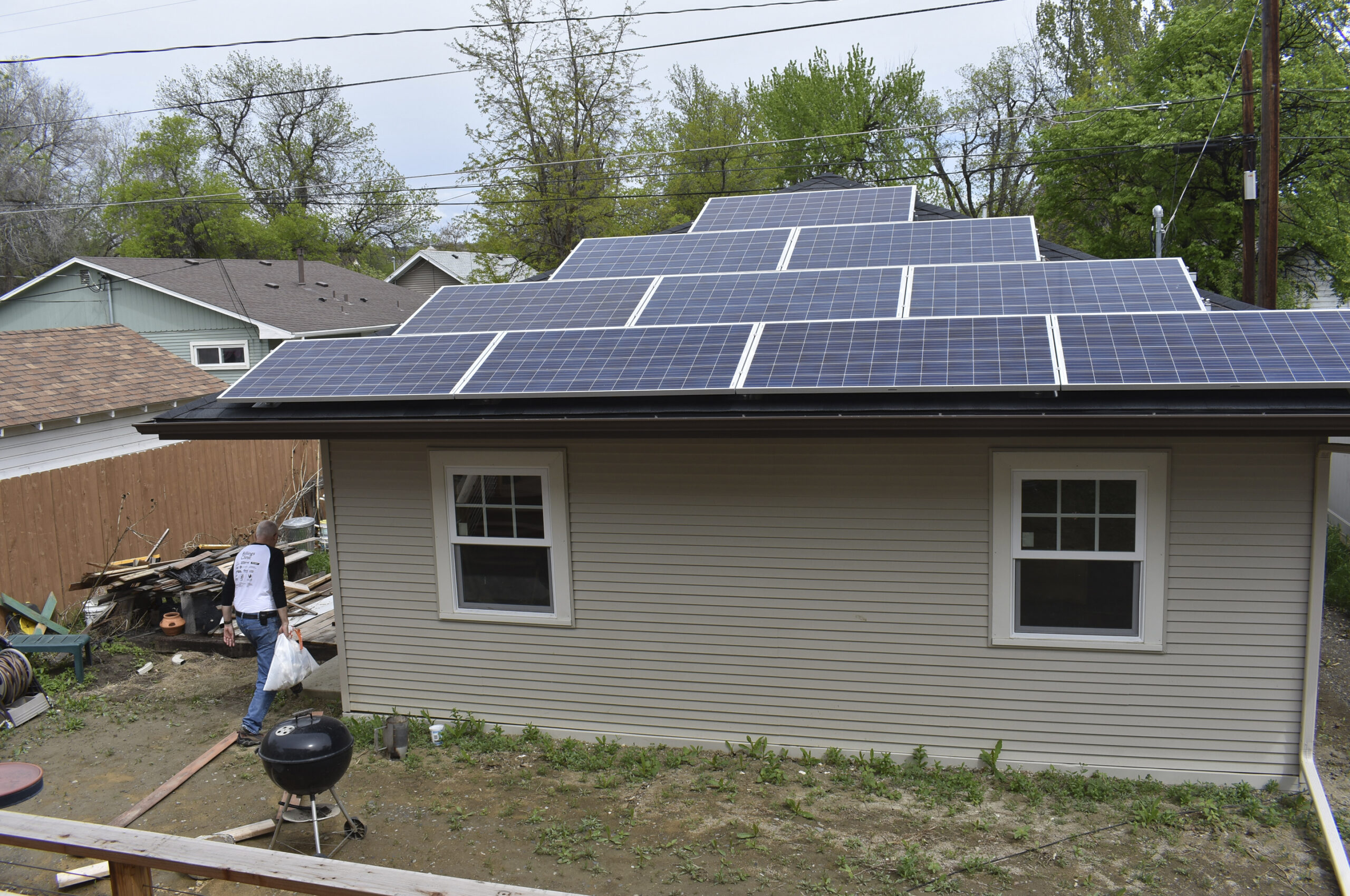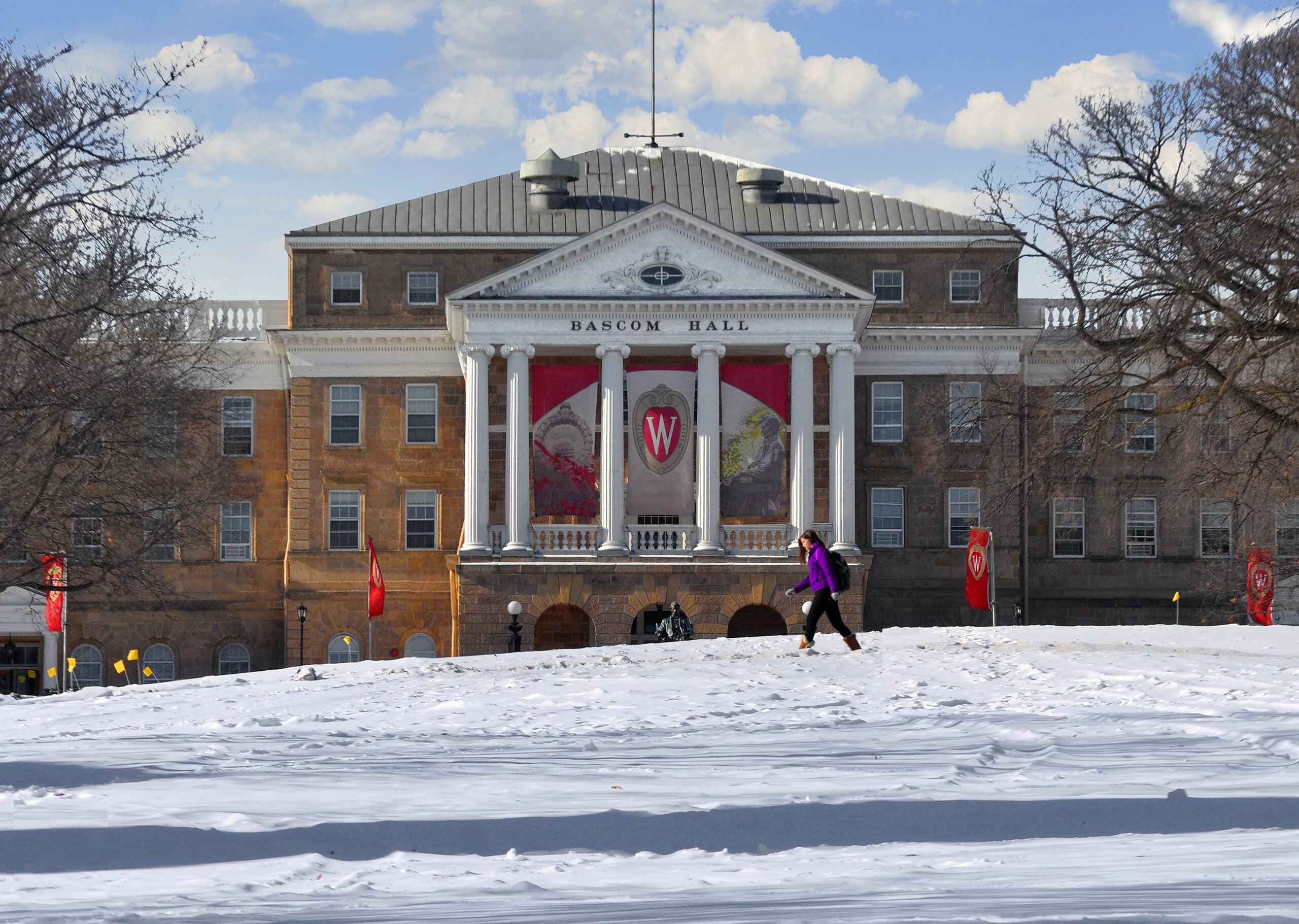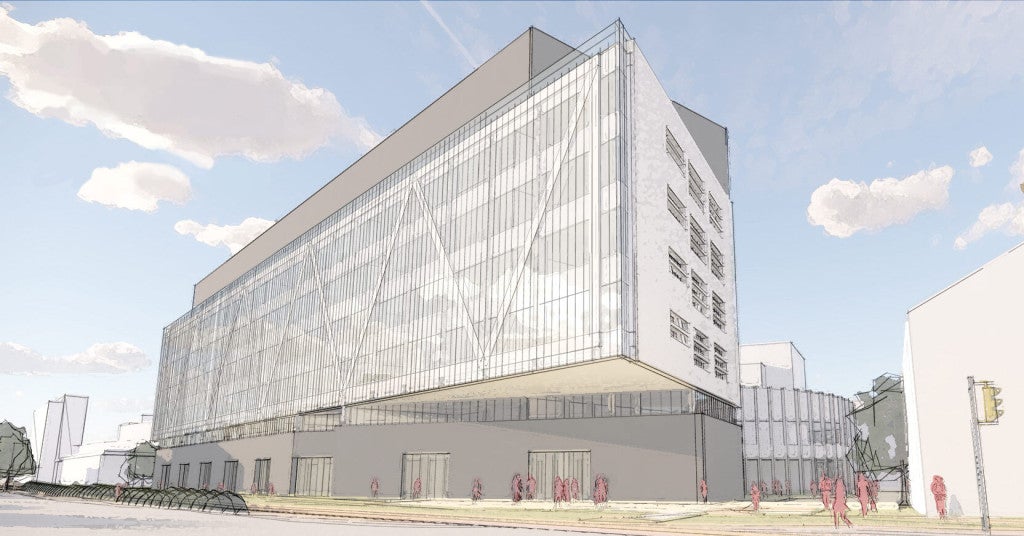The University of Wisconsin-Madison’s Institute for Research on Poverty will spend the summer collecting data and trying to identify community members’ needs in an effort to raise 10,000 Dane County families’ incomes by 10 percent in two years.
It’s part of an initiative funded from Schmidt Futures, a venture capital firm. The $1.5-million grant will go to funding project proposals and research. One project will be selected to receive further funding in 2019.
The net income increase could be through a decrease in costs, like transportation or childcare, or an increase in income, like wages.
Stay informed on the latest news
Sign up for WPR’s email newsletter.
Arizona State University, the University of Utah, and The Ohio State University were also selected for this project.
Organizations must work with the university to develop plans to raise income. Ten of those will receive some funding to become full project proposals. From there, Schmidt Futures will select one project to get funding in 2019.
United Way Dane County CEO and President Renee Moe said some families don’t have any financial buffer.
“One of the things the community doesn’t always understand about families is you can be doing everything right,” she said. “You can be working to get your education, get a great job, take care of your family, and still not have enough to get ahead. The margins of error are so slim for so many families.”
The Institute for Research on Poverty will be gathering information this summer and going out into the community to hear from Dane County residents about their needs.
UW-Madison Chancellor Rebecca Blank said at a press conference Wednesday this initiative gets at the heart of the Wisconsin Idea.
“The idea that the boundaries of the campus do not stop at the edge of our campus but indeed extend across the state, and I would say across the nation and the world,” Blank said. “But particularly within Dane County, which is the focus of this particular project.”
Wisconsin Public Radio, © Copyright 2025, Board of Regents of the University of Wisconsin System and Wisconsin Educational Communications Board.




